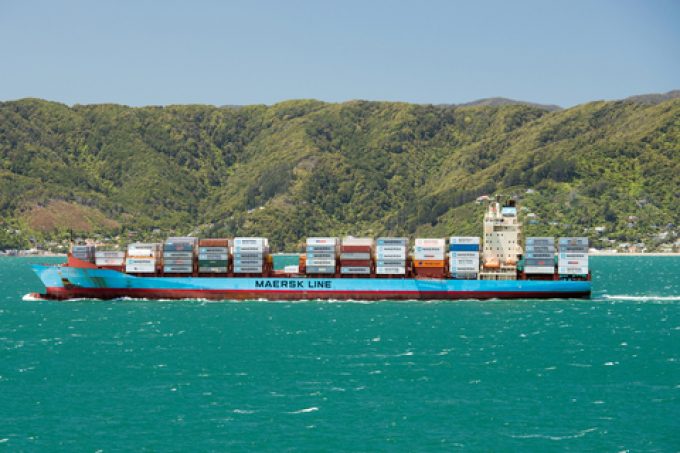Tighter EU import requirements proving 'a challenge' for forwarders
“Stricter Customs regulations” from the EU’s ICS2 will see “stricter enforcement”, Hapag-Lloyd has warned, and ...

Maersk has launched a dedicated coastal shipping service in New Zealand, aiming to “restore network reliability” to the country’s troubled supply chains.
Maersk Coastal Connect’s two 2,500 teu ships will provide weekly port coverage of Tauranga, Timaru and Lyttelton, and fortnightly coverage of Nelson and Auckland.
Maersk said the new service would bring “much-needed schedule resilience, flexibility and superior coverage to the New Zealand supply chain.”
The carrier added it would be operated on a two-loop rotation to “protect critical connections to our ...
'Disastrous' DSV-Schenker merger would 'disrupt European haulage market'
New senior management for DSV as it readies for DB Schenker takeover
Volumes set to 'fall off a cliff' as US firms hit the brakes on sourcing and bookings
Asian exporters scramble for ships and boxes to beat 90-day tariff pause
Amazon pushes into LTL for small package fulfilment and UPS does a u-turn
Temporary tariff relief brings on early transpacific peak season
Pre-tariff rush of goods from US to China sees air rates soar, but not for long
Forwarders 'allowing the fox into the chicken run' by supporting 'hungry' carriers

Comment on this article